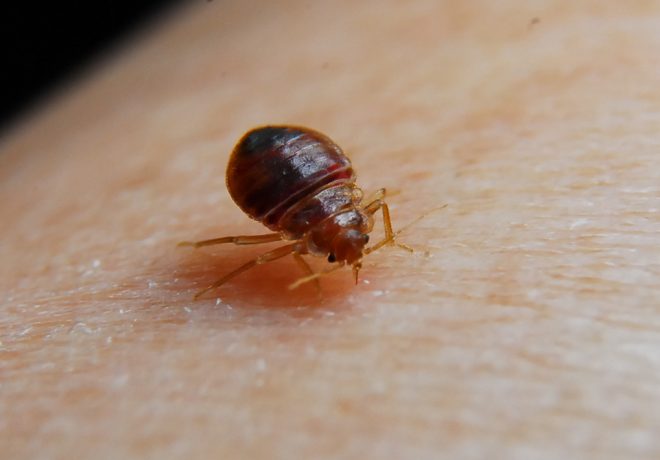
Bedbugs have become a real menace in many places and especially in our homes. Their bites lenders many sleepless nights and swollen skin. If not controlled, they can cause health issues. Bedbugs and pests management is the steps and methods applied in controlling the spread and multiplication of the bedbugs and pests which eventually help in their eradication.
The best way to manage and control them is first to assess the place to determine if really there are bed bugs. In case turns out positive, it will help in selecting the best method to get rid of them. The essence of assessing is to confirm the Pres hence of bed bugs and identify all infested areas which will make it easier to apply treatment tactics. Bites, bed bugs fecal staining on the sheets, and beg bugs cast skins are clear indications of an active infestation. Bed bugs like dark, hidden, and inaccessible areas such as cracks, crevices, pillowcases, bed frames, piping among others. A thorough assessment and inspection should be conducted in all areas of the room without sparing any.
Once it has been verified that there are bed bugs, the next step is to use treatment methods that are aimed at controlling and managing them which helps eradicate them. Integrated Pest Management (IPM) is an effective approach used in managing bed bugs. The program is environmentally friendly and uses information about the life cycles of bedbugs and their interactions with both humans and the environment. It is to get everybody to know all the information about the bed bugs. Only with this knowledge, they can be able to manage them. If you are in living an infested building, it is advisable for each one living there to know including the building management. IPM utilizes both non-chemical and chemical methods to manage pests.
Non-chemical methods are preferred over chemical ones for they are friendly. The beddings and clothes act as the hiding place for bed bugs. A mere washing does not eradicate them. Put them in a dryer at high temperatures for about 30 minutes to kill all bed bugs. You can also use pillow encasements, bedsprings, and mattresses to trap bedbugs and kill them on sites. Freezing treatments involves subjecting the infested areas and things to a low temperature, usually below zero degrees for some days. Bedbugs can’t thrive at this temperature. Another chemical-free method is heating treatments. This involves heating infested artists articles such as furniture, luggage, and the infested room to at least 49 degrees for about two hours. This helps in killing all eggs. Higher temperature also makes it easy to kill bed bugs at every life stage.
The chemical method extensively uses pesticides and insecticides to eradicate bed bugs. Consult a pest management professional who will inspect your residence and advice you on the appropriate and approved chemical you should use. Take care when handling these chemicals. Some are toxic and flammable. Spray all hiding and accessible places, close the room and stay outside for about two hours. You can also use powdered pesticides and spill them in the areas harbored by the pests.
The last step for bedbugs and pest management is keeping monitoring. Bedbugs like to move a lot. If after treatment you support some, repeat the treatment and you can combine any two.